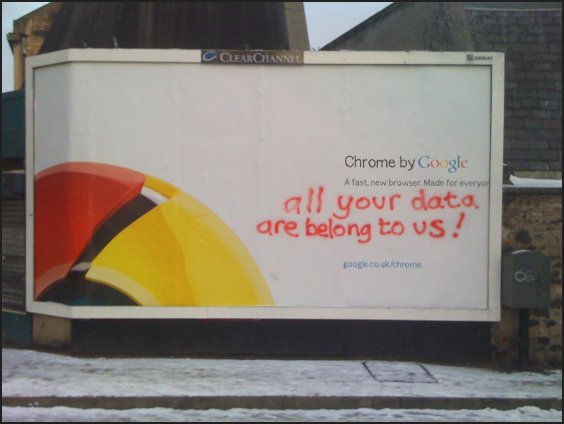[citation][nom]COLGeek[/nom]Another case where people with little, or no, understanding of how technology works (or doesn't) getting involved.[/citation]
He doesn't need to understand it, he is calling for others to investigate it. At least he is having people investigate it instead of claiming he knows everything. Way I see it, this is the best possible thing for him to do, within reason, on this subject.
[citation][nom]wiyosaya[/nom]IMHO, the title of this article is very misleading. I support a privacy probe as the article states, however, I would not support a "misuse of picture" probe.[/citation]
An app on the phone decides to take screen shots of your private info (contacts, etc.) when you look at it, maybe when you are calling someone from the contacts list. How would you like the phone to treat said screen shots? Do you mind them being uploaded strait to who knows where? How about the phone taking screen shots when you are browsing the web, or texting someone? So long as Android knows what application is being used and there is a way for other programs to check this, such screen shooting programs could theoretically know what you are doing and take screen shots accordingly. If you have emails listed in your contacts, they could gather targets for email soliciting.
Then there is when these programs decide to upload pictures, possibly including screen shots as I mentioned, possibly pictures that you yourself took. I know for sure that I don't like any of this any more than any person who values their privacy should. In fact, I hate this crap.
If we wanted the SD card to be open so it can be removed, put into a computer, and the computer have access, then they could have simply black listed all applications on the phone from any part of the card that they don't NEED access to. That way, the card gets removed then it is usable from the computer, but the phone programs can't steal data from it unless you let them. Seems to be a simple enough solution.
For the black listing, there could be a management program (maybe make it a part of android) that automatically blocks programs from accessing parts of the SD card unless you let them. For example, your web browser isn't going to have access to your pictures and your camera app will. The programs would be managed by the management program/feature so any programs you install will not have access to anything that you don't tell them they can. That way you can let them only access data that they need instead of giving them access to the whole card. The programs are part of a black list with a white list of what they can access. If it's not in the white list, they are blocked. If the program isn't in the black list at all, it can be blocked from everything unti you let it do something.
The management program/feature could assign appropriate permissions for common applications, others you can just do your self. If you can't figure that out... Well, you were already happy to let it have access to the entire card anyway, you let it do that if you don't mind it.
The idea could use a little work, but I bet a working model could be built around it for application security and privacy control. At least it's a start. That seems to be better than what the companies are willing to do, but they profit from stealing our data so they probably don't care too much unless you throw them into the spotlight.


